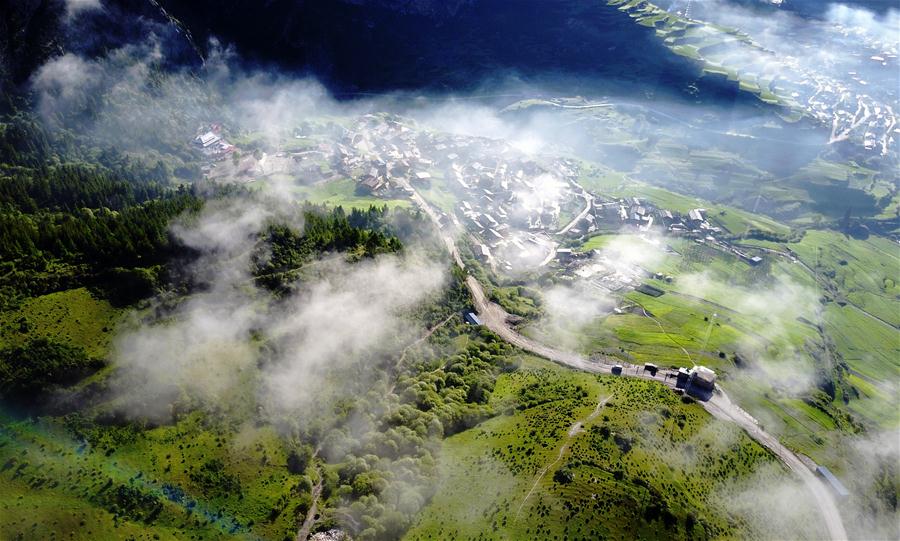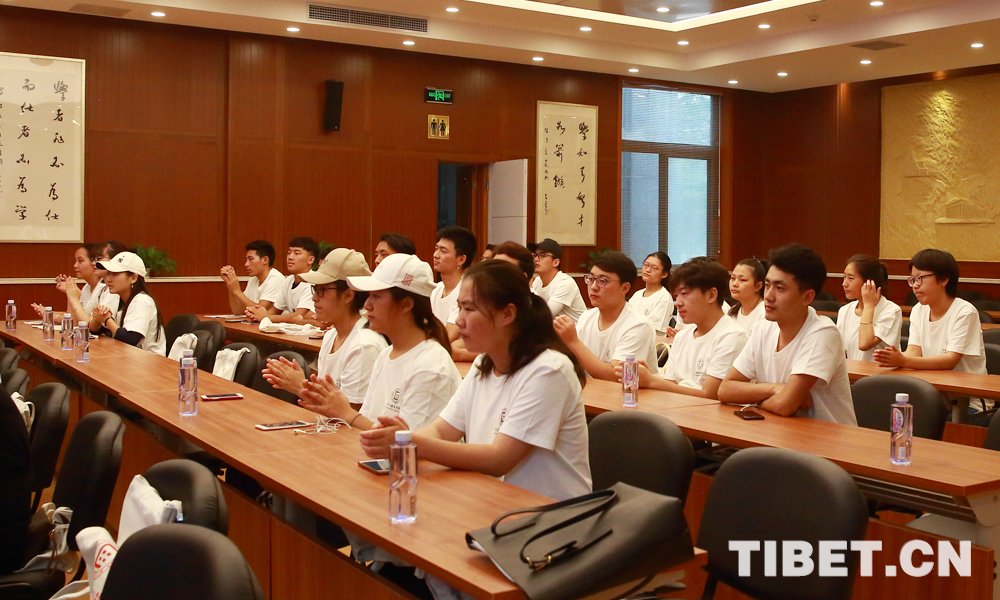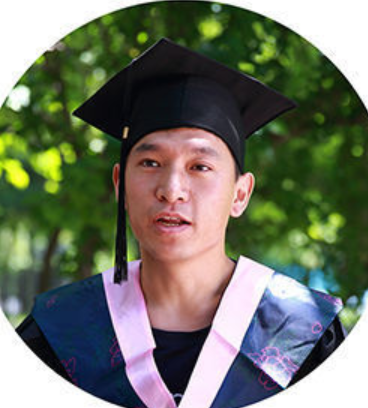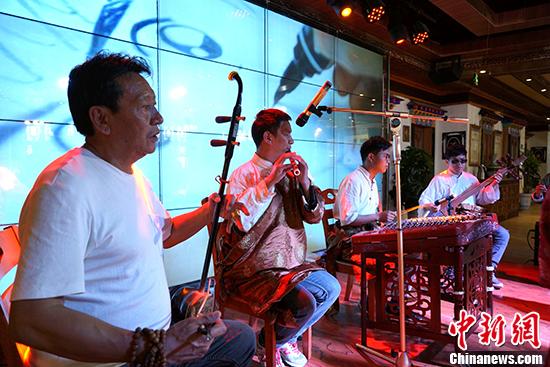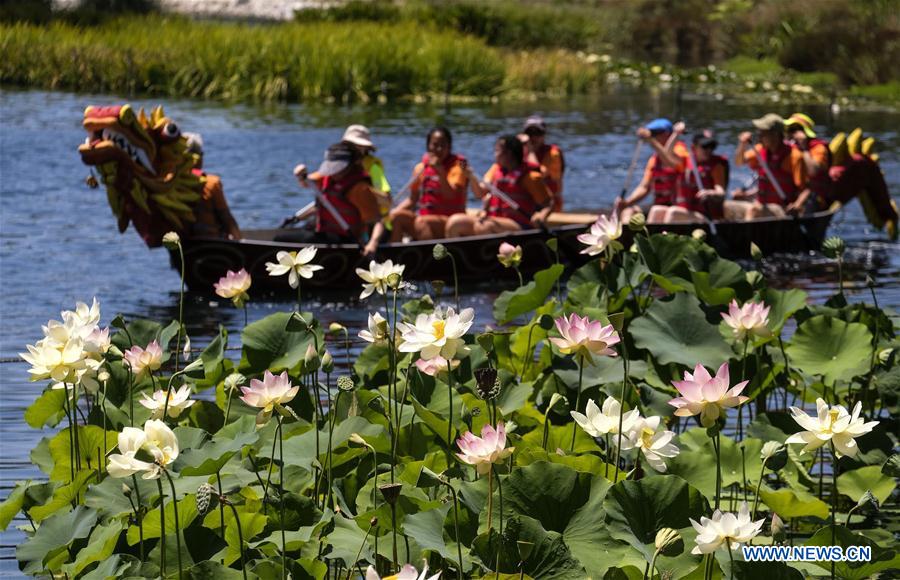Qinghai-Tibet Plateau is still one of the cleanest regions on earth: White Paper
The White Paper published by the State Council Information Office on July 18 titled Ecological Progress on the Qinghai-Tibet Plateau states that the Qinghai-Tibet Plateau remains one of the cleanest regions on the planet.
According to the White Paper, there is a low intensity of human activity on the Plateau, and air quality is less affected by human activity. There are fewer types of pollutants and the density is low in the air; the level of various types of pollutants is comparable to that of the Arctic. With the promotion of green energy, construction towards ecological towns, and the improvement of rural environments, air quality on the Plateau has further improved .
The major rivers and lakes on the Plateau exist basically in their natural states, and water quality remains good. The White Paper indicates that the Qinghai-Tibet Plateau is the source of many major rivers in Asia and has some of the most stringent water management and water environmental protection measures in China. The state has continuously increased the level of environmental protection of the Plateau, focusing mainly on: compiling comprehensive plans for important water regions; demarcating water function areas for rivers and lakes; specifying water function and water quality protection targets; determining pollution capacities and total drainage for important water function areas; and implementing the strictest water resource management systems.
The White Paper states that the Qinghai-Tibet Plateau is one of the least polluted regions in the world, and the soil is in a natural background state and is less impacted by human activities. The contents of heavy metals in river and lake sediments on the plateau such as copper, nickel, and lead are lower than in areas of frequent human activity. In terms of cultivated soil, the content of heavy metal elements in most cultivated soil in Tibet is also lower than the national standard for first-rate soil.
At the same time, humans’ living conditions on the Plateau have improved significantly. Since 2009, the state has invested a total of 6.294 billion yuan to support sewage waste treatment facilities and sewage pipe network projects in Tibet Autonomous Region and Tibetan-inhabited areas of Qinghai, Sichuan, Yunnan, and Gansu provinces, which have improved sewage and garbage disposal capacities in local cities and towns, the White paper noted
Your Comment
Name E-mailRelated News
-
-
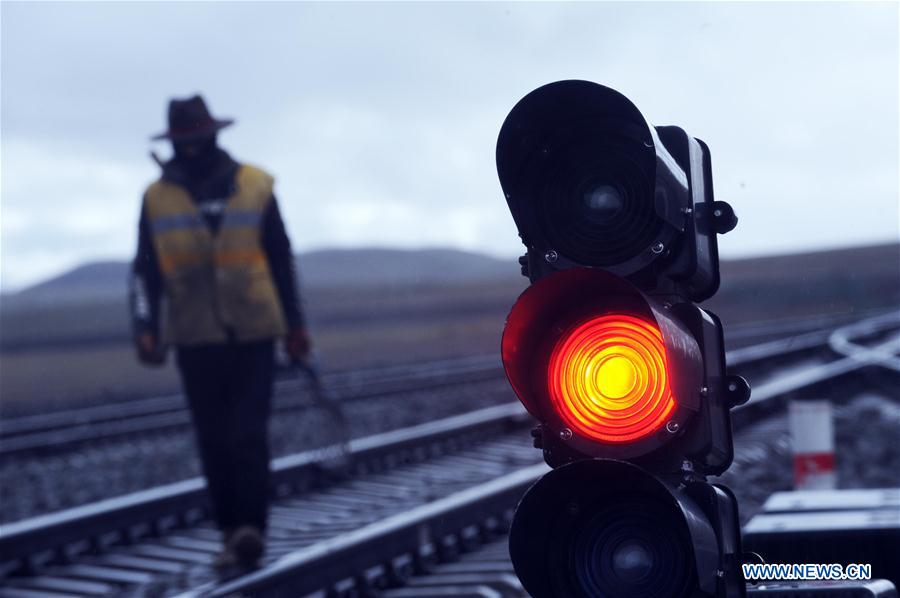
-
Maintenance workers reinforce tracks of Qinghai-Tibet railway
Maintenance workers stick to their posts everyday to guarantee the operation of the Qinghai-Tibet railway at the Tanggula Station with an altitude of 5,072 meters above sea level.
-
-
-
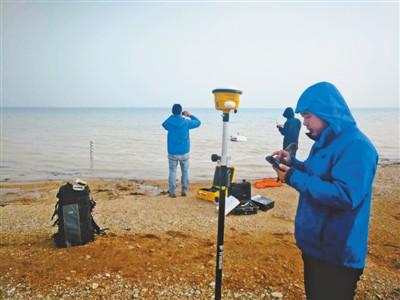
-
Precise monitoring of ecological environment of plateau rivers, lakes
China's first precise monitoring of the ecological environment of plateau rivers and lakes has been conducted recently.
-
-
-
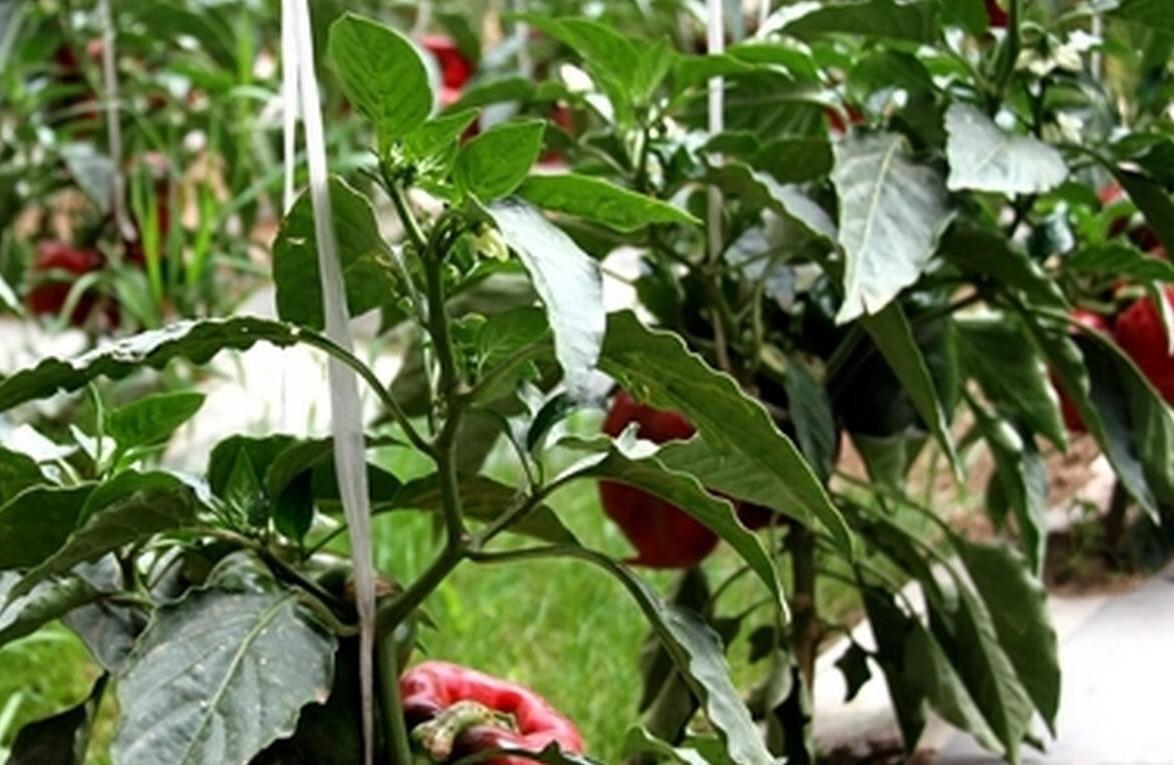
-
Qinghai-Tibet Plateau vegetables set for Hong Kong
Vegetables grown in the Qinghai-Tibet Plateau will be served in Hong Kong in October, according to Litang county government Tuesday.
-
-
-
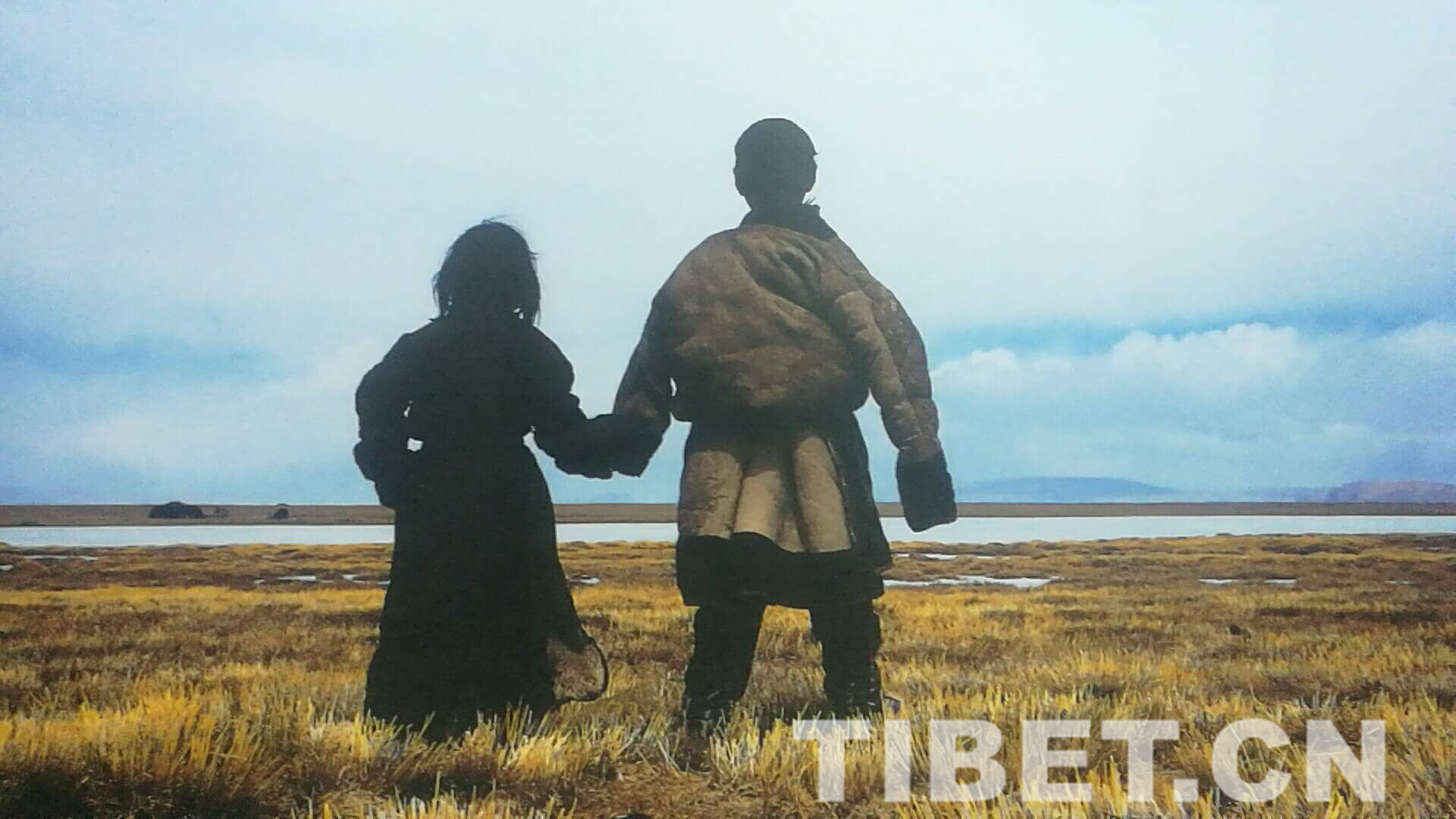
-
Relocation changing lives on Tibetan plateau
Wearing red lambskin clothing and a fur hat, Rigzin cracked a herding whip to drive his sheep home. In front of his house, he took a photo with the livestock, for perhaps the last time on the prairie where he has lived for more than 40 years.
-
-
-
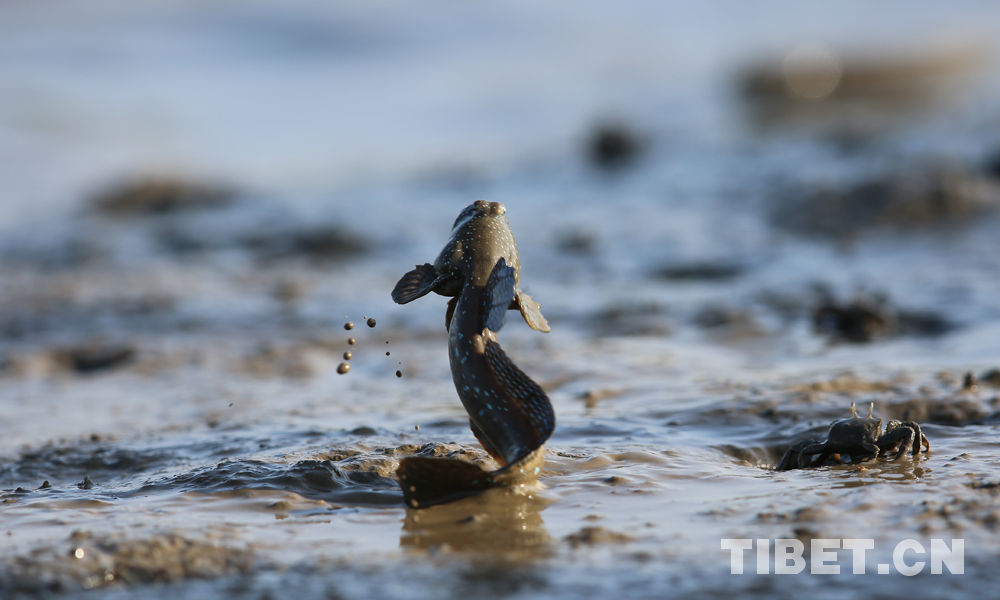
-
China issues white paper on ecological progress on Qinghai-Tibet Plateau
China issued a white paper about ecological progress on the Qinghai-Tibet Plateau, which is a key eco-safety barrier in China and Asia, and a focus of the country's drive to promote ecological progress.
-


